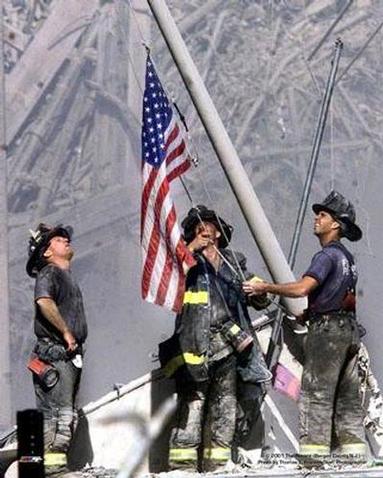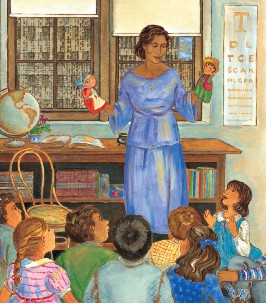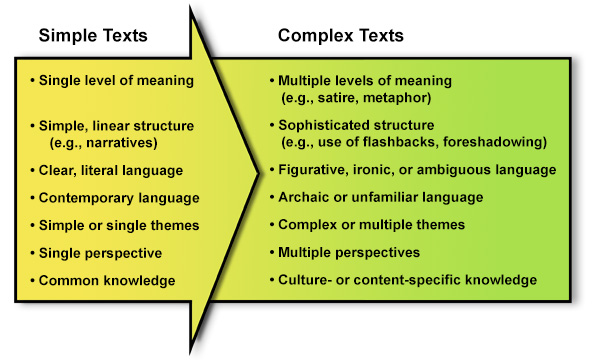 When I first met Mandy, I was ten, and I was trying out at a new gym. The first day she was my coach, she made me do backhandsprings on the high beam by myself, which I was absolutely terrified of. It's safe to say I hated her after that first day. But I obviously got over it because I continued doing gymnastics with her as my coach for eight years. Since the first day, we've come a long way; she's become a second mother to me and a friend I couldn't imagine living without.
When I first met Mandy, I was ten, and I was trying out at a new gym. The first day she was my coach, she made me do backhandsprings on the high beam by myself, which I was absolutely terrified of. It's safe to say I hated her after that first day. But I obviously got over it because I continued doing gymnastics with her as my coach for eight years. Since the first day, we've come a long way; she's become a second mother to me and a friend I couldn't imagine living without.Mandy has been there for me through everything since I was ten. In terms of gymnastics, she's the one who ultimately got me my college scholarship. Without her exceptional coaching and help in the recruiting process, I don't think I'd still be doing gymnastics. My life would undoubtedly be different if I hadn't have met her. Mandy has also pushed me to become a better gymnast, to be the best one that I can be. She believed in me even when I didn't believe in myself. She never gave up on me, no matter how hard it was for her to coach me. She always knew the right words to say when I was having a bad day in the gym; she could without fail make me smile and laugh when I was crying. She truly cares for every athlete she coaches, and I hope that someday I can become half the coach that she is.
As much as Mandy's been there for me inside the gym, she's been there just as much outside of the gym. She's looked out and cared for me like I'm her daughter, especially since I've gone off to college and am 16 hours away from home. Before I left for my freshmen year, she told me that if I was going through a rough patch and needed her for whatever reason, she'd absolutely drop everything and drive up here to be there for me. Besides my parents, there's no other person in my life who would do that for me. She doesn't judge me, and she's one of the best people at giving advice, so I go to her about literally anything and everything. She lets me live my life and be independent, but will always be protective of me. I know she wants the best for me, and she's told me more than once that I push her to be a better person. For that, as well as the many other things she's said and done for me, she's my greatest inspiration. I hope I can one day change someone's life as much as she's changed mine.



